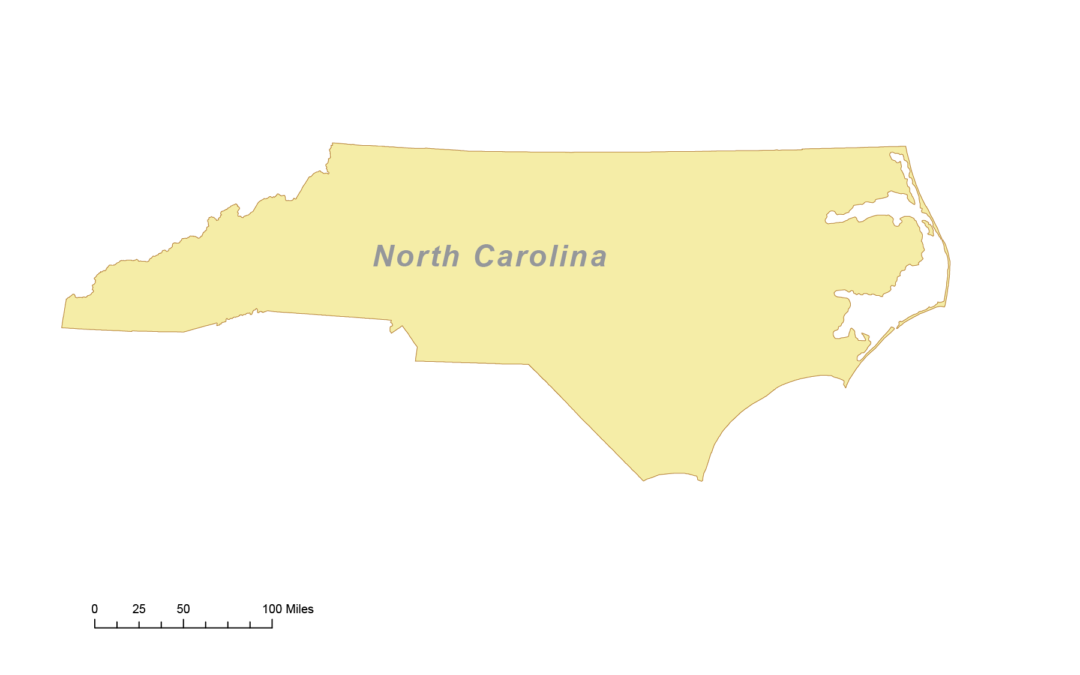What do we need all this fund balance for, anyway?
As we move into the height of budget season, this question will ring out across the North Carolina — especially as many local governments re-build fund balance after some years of decline. Why do we keep the taxpayers’ money in the government’s bank account (if in fact, that’s how you view the issue)?
A healthy level of unrestricted fund balance does more than dress up the financial statement and keep the Local Government Commission off your back.
Fund balance provides cash flow
Unrestricted fund balance isn’t the only source of cash on hand to meet bills, but it’s the most reliable source. The LGC’s guideline of a minimum 8% fund balance is enough for one month’s average cash-flow, and one month would be sufficient if revenues and expenses came in evenly throughout the year – but, of course, revenues fluctuate, while expenses carry on relentlessly.
Beyond the routine requirements of making payroll and putting gas in the cars, there may be other cash-flow demands. A locality at the beginning of a construction project, for example, will have to cover professional costs (architects and engineers, for example) incurred before construction starts, even if a project is ultimately going to be supported by borrowed money.
Fund balances provides cash to meet unexpected costs and opportunities
Cash-flow protection is the most frequently cited reason for maintaining a healthy fund balance, but it’s not the only reason.
Unexpected costs – we find coastal communities often have high fund balances to provide for a response to a hurricane – but there’s not a community in North Carolina that’s not at risk for some sort of natural disaster. Even if FEMA will reimburse your clean-up costs, that process can take months, and in some cases years. Even for smaller casualty losses such as fires, you may need money quickly to respond to a loss and to pay your deductibles.
Unexpected opportunities – these could include matching funds for grants that become available, or funds to purchase land that may become available unexpectedly. Is there a school site you have your eye on, or land you need to acquire as part of a business recruitment? What if you finally have a chance to buy that downtown eyesore from the absentee landlord?
But can’t we just borrow the money if we need it?
Maybe, maybe not, and perhaps not on a timely basis.
First, the law generally expects that you will only be borrowing for capital expenses. The provisions that allow you to borrow for operating expenses require that the loan be retired within 30 days after the start of the next fiscal year (and don’t allow for any extensions) – that might not give you time to recover from an unexpected hit from, for example, a storm clean-up that becomes necessary in the second half of your fiscal year, or paying an insurance deductible after a fire or other casualty.
Also, LGC guidelines generally provide that you cannot borrow to pay for the “soft costs” of getting a project started – like those engineering fees we mentioned earlier. Those costs will have to be paid and carried until you take bids on the project, and of course some projects take years to get to the point of construction bidding.
Finally, even the best-case scenario for closing a financing that requires LGC approval is that it will take 45 days from inception to closing, and 75 days is a more realistic timetable in most cases. That delay could crimp your ability to pay operating expenses that need to be covered by a borrowing, or a landowner with an offer in hand might not want to wait that long for you to get approval.
* * * * * * * * * * * *
The LGC publishes a wealth of information on its web site about fund balance and other financial issues – you can go to the benchmarking tool and see how your unit compares to peer governments.
We would not want to minimize the difficulty of reconciling the local government’s fiscal needs with the tax burden on local residents, but unrestricted fund balance is more than money sitting idly for no good reason.
* * * * * * * * * * * *
Please see our disclaimer and let us know if you have any questions or comments on this topic.

